- Learning time
- 40 minutes
- First play time
- 120 minutes
Covert
Designed by: Kane Klenko
In Covert you take control of secret agents, and race to try and complete missions: by moving agents around the board, collecting secret-agenty things like microfilms and tape recorders, and breaking secret codes.
The board shows a map of Europe, upon which each player will move three agents in their own colour. You also have dice of your own colour, and at the start of each round everyone rolls their dice simultaneously, then places them one by one on six different spaces: When everyone has placed all their dice, they are then actioned: action spaces allow you to move agents, pick up agency cards or mission cards, or complete a mission. There are two other places dice can go as well: to decipher codes and collect special operations tokens.
For obvious reasons you want mission cards, because completing them is the purpose of the game. Each mission card asks for a certain criteria to be fulfilled: to have an agent in a certain city (or cities) – which is why you need to move your agents about – and to own a piece of equipment such as binoculars or a tape recorder,which is why you need agency cards. Agency cards are multi-use: they can be discarded on your turn as a bit of kit (to complete a mission), a flight to a city on the board (moving an agent there) or a special action like the operations tokens (see below).
There are two more options for dice placement: Deciphering codes and Special Operations. You always have two code cards at your disposal, and if you get the cipher numbers on the board to match your code card, you flip the code card over: it now represents a piece of equipment you can use to complete a mission, or 2 points at the end of the game if you don’t use it. Any time you do this, you pick up a new code card. The special operations space allows you to pull a token out of a bag – little one-use-only rule-breakers that can give you a little in-game boost or advantage.
Moving your agent around the board can also boost your hand of cards: whenever your agent leaves a city, it drops a clue – a cube of your colour – there. Agents moving around pick up each others’ clues, and two matching clues are instantly cashed in for an agency card.
The game ends when someone completes six missions. Mission cards score a variety of points, so that person may not necessarily win. Everyone adds up the points on their completed mission cards, plus any code cards they have ‘broken’. Most points: wins!
The guru's verdict
-
Take That!
Take That!
There's quite a bit of take that. Picking up each other's clues is relatively harmless, but the dice-placement can be underhand, as dice placed in an action space have to be numerically adjacent to a die already there. Turn order is also crucial: taking your actions first can have an adverse effect on other's plans...
-
Fidget Factor!
Fidget Factor!
Potentially quite high. It's a thinky, reactive game, where the landscape is constantly changing.
-
Brain Burn!
Brain Burn!
The rules aren't heavy, but the juggling of decisions is.
-
Again Again!
Again Again!
Dice-rolling obviously varies, but Mission Cards, Agency Cards and Code Cards are all shuffled before each game too.

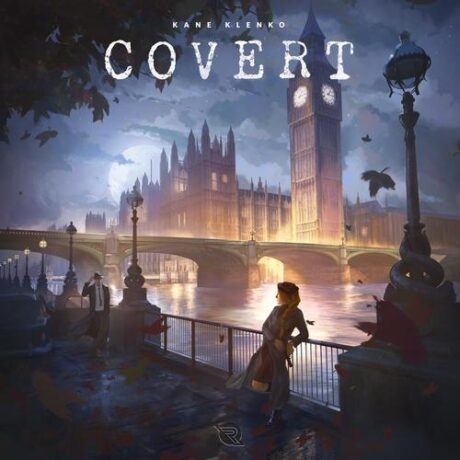

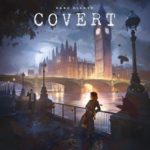
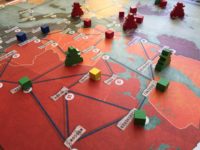
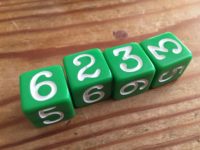

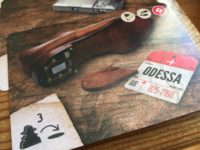


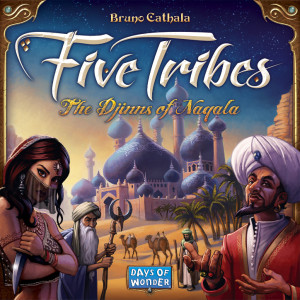
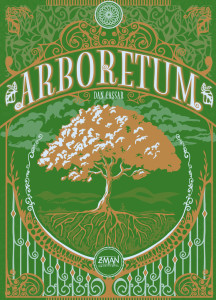

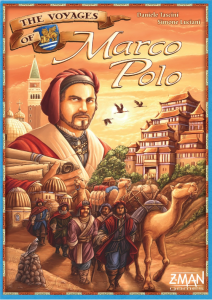
Sam says
You're juggling lots of different elements and as a result, the game can feel like a puzzle as much as a race. All the components look gorgeous, and - if you don't mind a game with the odd lull, as people figure out what they need to do, it's a clever design that always throws tricky questions your way. However: the odd lull will occur, so if your preference is for a game that moves with a snap, Covert is probably not a go-to choice. Nevertheless, for the right group this will be a winner.